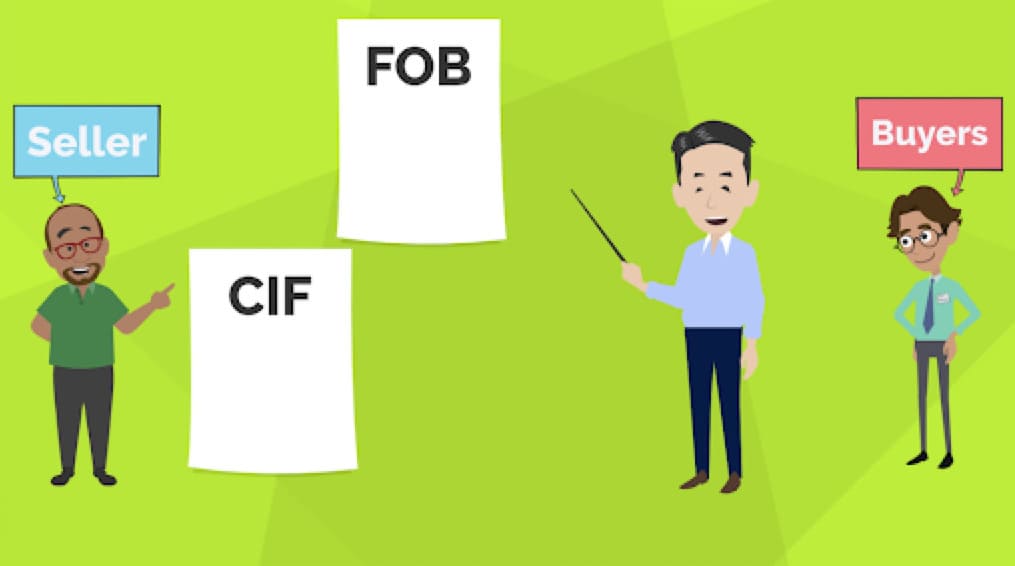
Many buyers know about FOB and CIF, but what is the difference between them? What are the pros and cons of trading at FOB price and CIF price? Let me give you a simple introduction here.
What is FOB?
FOB, also known as “Free On Board”, it is one of the Incoterms used in international trade.
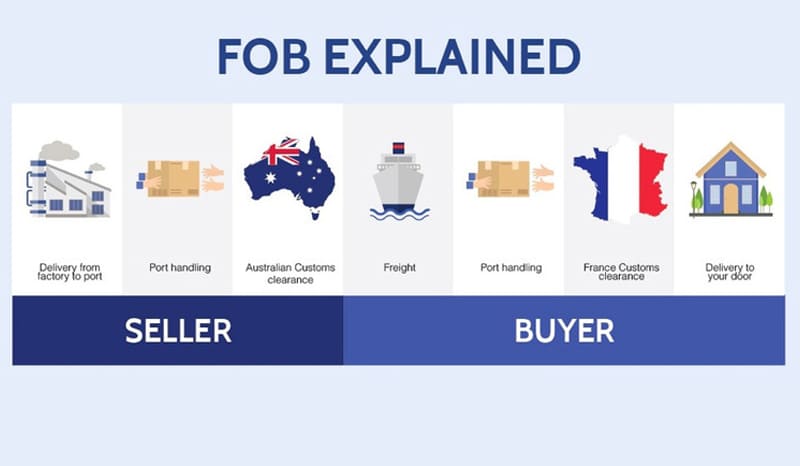
The seller shall load the goods onto the vessel named by the buyer within the contracted port and the specified period, and inform the buyer in time.
When the goods are loaded on the named vessel at the port, the risk is transferred from the seller to the buyer.
What is CIF?
CIF, also known as “Cost Insurance and Freight”, it is one of the Incoterms used in international trade.
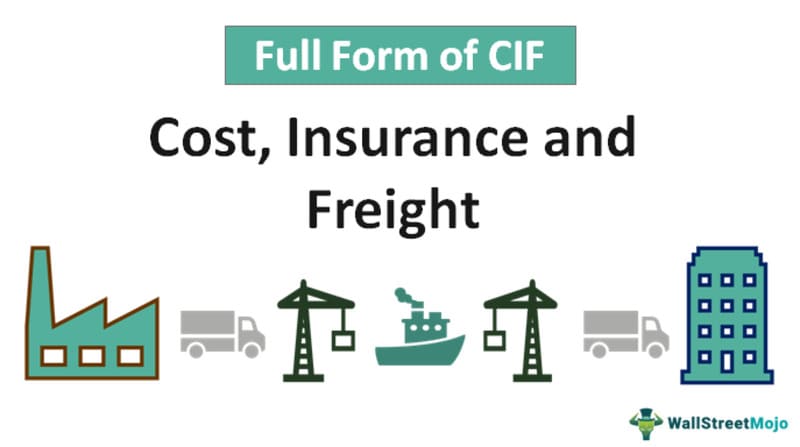
The seller shall deliver the goods to the port of shipment named by the buyer within the specified period and shall bear all costs and risks until the goods are loaded onboard the vessel.
The seller also needs to pay for the freight and insurance from the port of departure to the port of destination.
What are the differences between FOB and CIF?
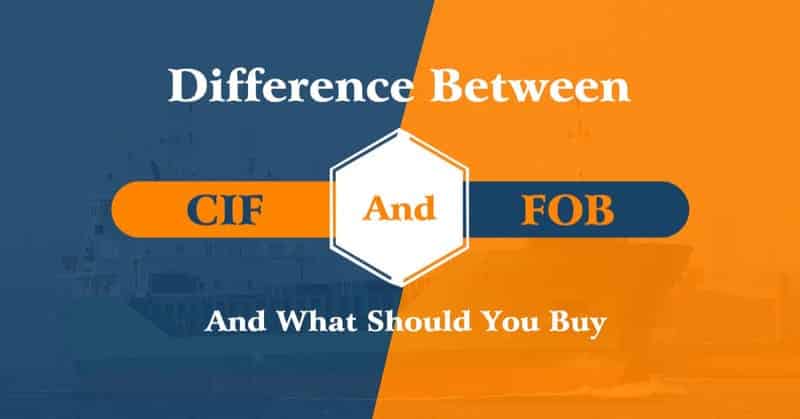
1) Port Location
The port after FOB refers is in the seller’s country, while the port after CIF refers is in the buyer’s country.
2) Cost composition
For FOB, the price is the ex-factory price of the goods + all the costs incurred in loading the goods to the buyer’s named vessel.
While CIF, it is the addition of shipping freight and insurance to the FOB price.
3) Insurance premiums
For FOB, the insurance is handled and paid for by the buyer, the seller shall inform the buyer before shipment.

While CIF, the insurance is handled and paid for by the seller, they handle the insurance policy and deliver it to the buyer in accordance with the terms of the contract and the insurance terms.
4) Vessel booking
For FOB, the buyer names the shipping company or freight forwarder to arrange shipping.
Whether the buyer can book a vessel in time, it will affect the delivery date of the seller and the bank bill delivery.
While CIF, the seller chooses the shipping company or freight forwarder independently.
5) Loading notification time
For FOB, the seller should inform the buyer the loading content and loading details before loading so that the buyer has sufficient time to apply for marine insurance of the goods.
While CIF, the goods are insured by the seller, the buyer can be informed within a few days after loading.

6) Take the risk
For FOB, it is the buyer who handles the insurance, so the policy is in the hands of the buyer, and the insurance company is mostly abroad, the seller will have difficulty in claiming from the insurance company.
While CIF, the seller handles the insurance and is insured at the port of departure.
In case of the buyer refuses to pay for the goods or cancels the order, the seller can claim compensation from the local insurance company.
What are the pros and cons of FOB and CIF?
Choosing to deal at FOB price benefits seller in the market conditions where freight and insurance premiums fluctuate unsteadily.
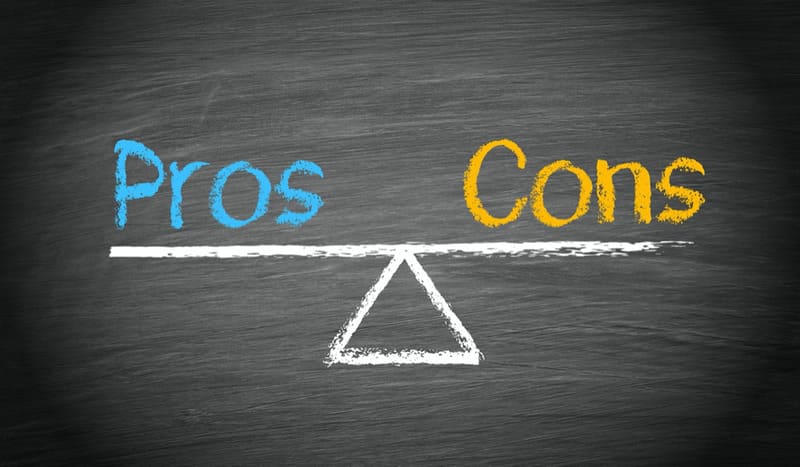
However, there are many passive aspects, such as:
As buyer’s delay in booking the vessel, or other conditions, the loading date is delayed and the vessel name is changed, which will cause the seller to increase the cost of storage and other fee, or the interest cased due to late receipt of payment.
Since it is the buyer who contacts the carrier to send the vessel, once the goods are loaded, even if the seller wants to resell the goods in transit or at the destination, or take other remedial measures, it will take some trouble and incur more costs.
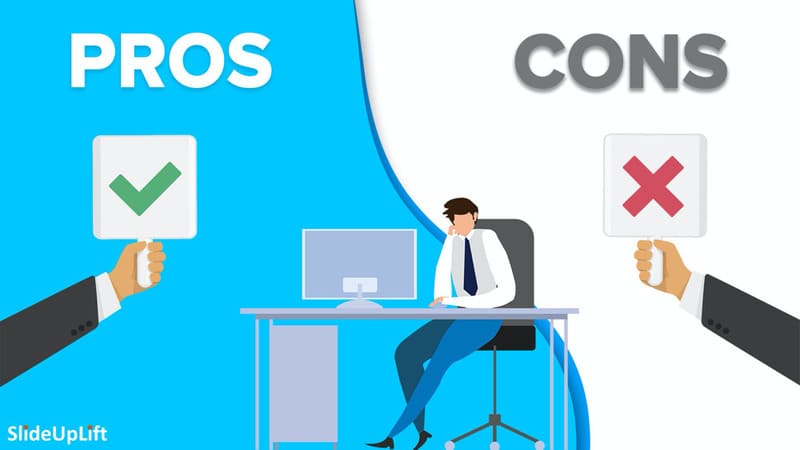
Under CIF condition, the articulation between vessel and cargo can be better, which gives the seller more flexibility and mobility.
Usually, the buyer must pay as long as the seller guarantees that the goods shipped are in accordance with the contract and the documents submitted are complete and correct.
Also, after the goods have passed the vessel’s rail, the buyer shall not refuse to pay for the goods due to damage or loss even if the goods suffer damage or loss while paying.
FOB or CIF, which is better?
Choose FOB or CIF, this is not entirely up to the seller to decide. For FOB, in many cases it is because the buyer already has a more familiar shipping partner or in order to control their own shipping schedule, shipping risks, etc.
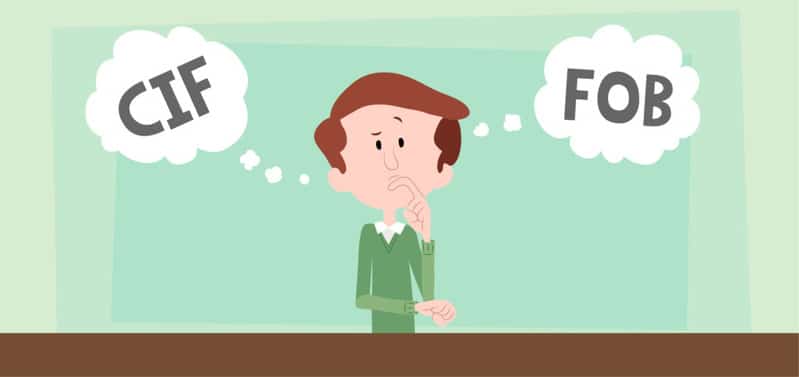
There are also many buyers who have no shipping company, so they ask the seller to decide the trading method by themselves or prefer CIF. Anyway, which way to be used is the agreement of both parties.
In fact, there are many sellers who strive to use their own freight forwarders and CIF terms in order to take control of their goods or risk.
